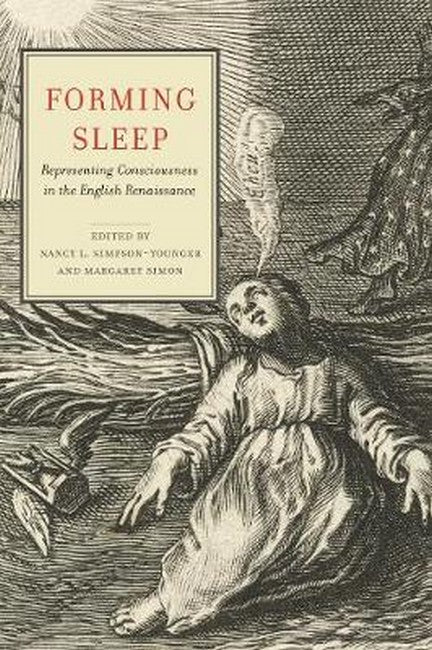Acknowledgments
Introduction: Forming Sleep
Margaret Simon and Nancy Simpson-Younger
Part I: Sleep States and Subjectivity in Early Modern Lyric
1. Thinking Sleep in the Renaissance Sonnet Sequence
Giulio J. Pertile
2. Rest and Rhyme in Thomas Campion’s Poetry
Margaret Simon
3. “Still in Thought with Thee I Go”: Epistemology and Consciousness in the
Sidney Psalms
Nancy Simpson-Younger
Part II: Sleep, Ethics, and Embodied Form in Early Modern Drama
4. Making the Moor: Torture, Sleep Deprivation, and Race in Othello
Timothy A. Turner
5. Sleep, Vulnerability, and Self-Knowledge in A Midsummer Night’s Dream
Jennifer Lewin
6. “The Heaviness of Sleep”: Monarchical Exhaustion in King Lear
Brian Chalk
Part III: Sleep and Personhood in the Early Modern Verse Epic and Prose Treatise
7. Life and Labor in the House of Care: Spenserian Ethics and the Aesthetics of Insomnia
Benjamin Parris
8. “Sweet Moistning Sleepe”: Perturbations of the Mind and Rest for the Body in Robert Burton’s Anatomy of Melancholy
Cassie M. Miura
9. The Physiology of Free Will: Faculty Psychology and the Structure of the Miltonic Mind
N. Amos Rothschild
Afterword: Beyond the Lost World: Early Modern Sleep Scenarios
Garrett A. Sullivan Jr.
Bibliography
List of Contributors
Index

